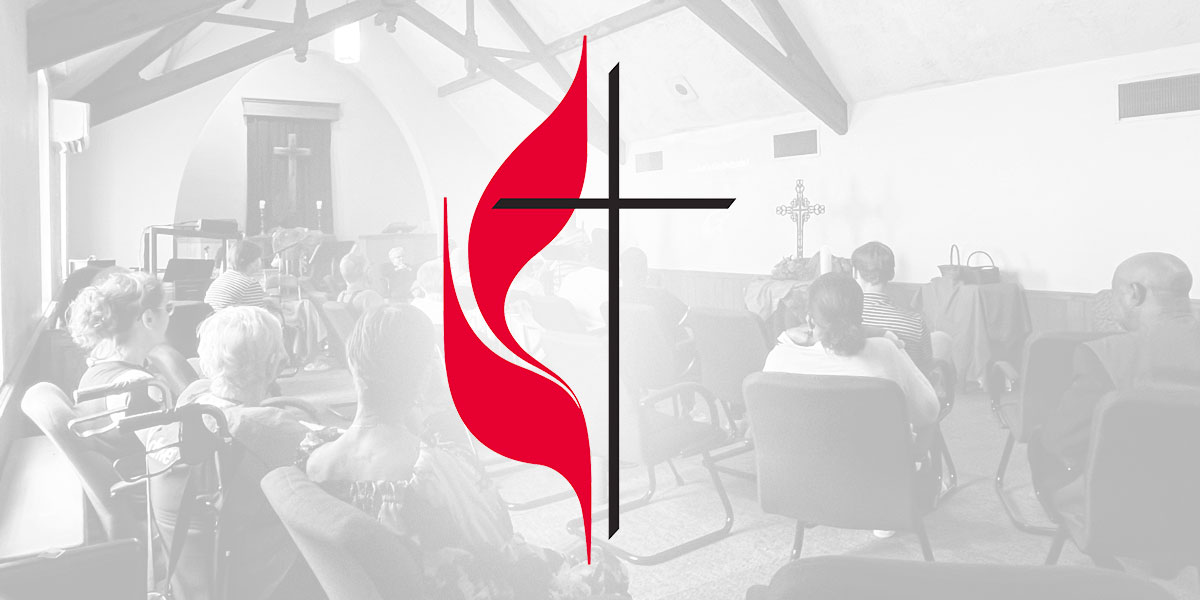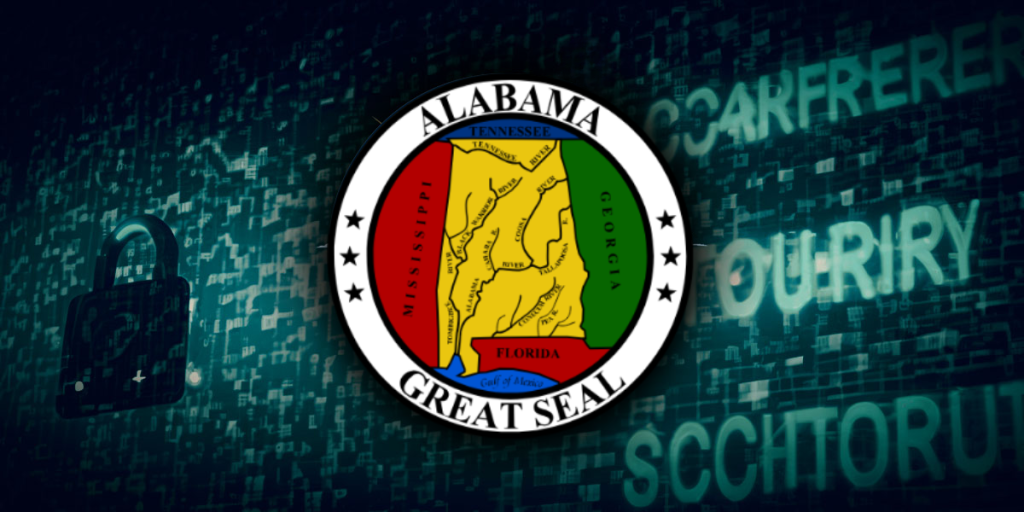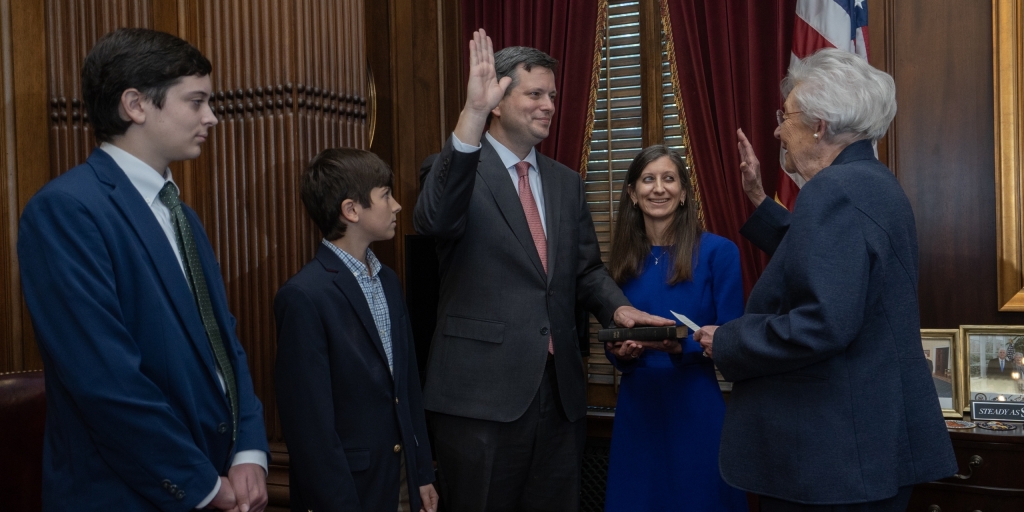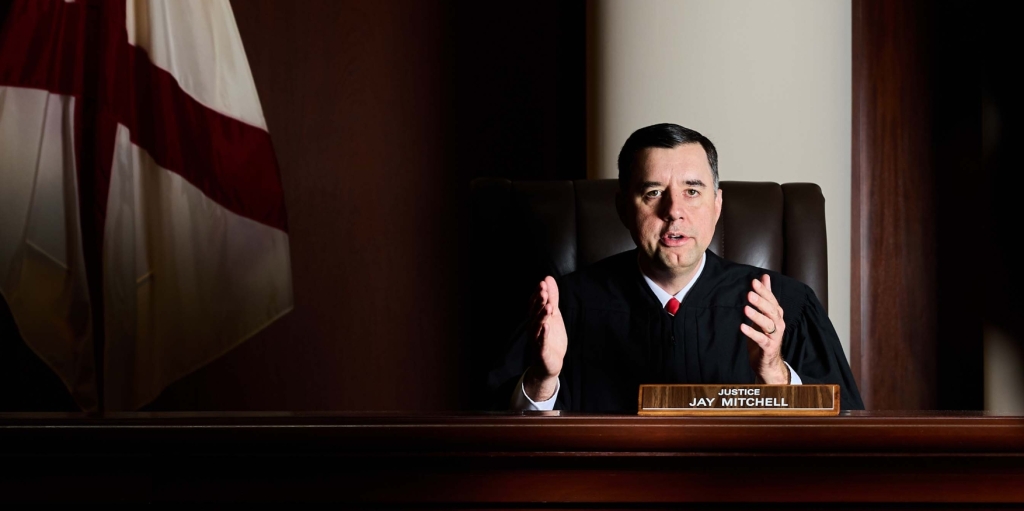The Alabama Supreme Court has agreed to consider an ongoing legal dispute involving the Harvest Church in Dothan, Alabama.
Harvest Church, one of Dothan’s largest churches, filed a lawsuit in November of 2022 seeking a restraining order against the United Methodist Church’s Alabama-West Florida District.
The 2022 lawsuit expressed fears that the United Methodist Church would shut down its campus and evict members.
Methodist Denomination leaders hoped this lawsuit would be thrown out by Houston County Circuit Judge Christopher Richardson on grounds that Harvest Church is out of compliance with national United Methodist Church guidelines.
Judge Richardson ruled in favor of Harvest Church prompting the UMC appeal process to the Alabama Supreme Court.
On Friday, Supreme Court Justices agreed to review the Harvest Church case and set oral arguments on February 7th in Montgomery.
With the Alabama Supreme Court set to review the Harvest Church case on February 7th, other congregations in the Alabama area are still in the process of disaffiliation from the UMC.
On October 31st, a group of 42 United Methodist congregations ranging from areas in south Alabama and the Florida Panhandle brought a lawsuit against the UMC claiming that its Alabama-West Conference are attempting to seize the congregation’s assets before the churches can disaffiliate from the United Methodist Church.
The lawsuit targets Bishop David Graves and the Alabama-West Florida Conference for delaying the disaffiliation process. The lawsuit claims Graves is attempting to run out the clock by not letting them leave the denomination.
If a congregation is unable to disaffiliate by the end of the year, UMC will take the church’s property with them by Dec. 31.
“After laying out the plan by which Plaintiffs could disaffiliate with their property and invoking Plaintiffs’ reliance on that plan, Defendants have now revoked that plan and are attempting to prevent their disaffiliation, exercising leverage over Plaintiffs by holding their church buildings and property hostage,” read the lawsuit.
The United Methodist Church responded by saying the 42 congregations have “broken church law” by disaffiliating and not following the “Book of Discipline.”
Bishop Graves released a statement echoing the UMC, “These churches have not met the eligibility requirements for voting to disaffiliate under the Book of Discipline.”
“We are saddened by this litigation, but we are confident the process we have adhered to is fair and just.”
Churches began breaking from UMC in 2019 after the national United Methodist allowed congregations to leave by the end of 2023.
As of August 2023, more than 6,000 churches have been approved for disaffiliation since 2019.
The group of 42 churches suing to disaffiliate in Alabama is not the only group of churches which has ran into issues with the national United Methodist Church.
In Georgia, more than 100 congregations have sued the North Georgia Conference for their right to disaffiliate from the UMC. Four Georgia congregations seeking to disaffiliate were denied by the UMC.
Editor’s Note: Our original article has been updated to specifically address the lawsuit filed by Harvest Church against the United Methodist Church’s Alabama-West Florida District and offer a broader legal context of the ongoing disaffiliation issues within the United Methodist Church.













